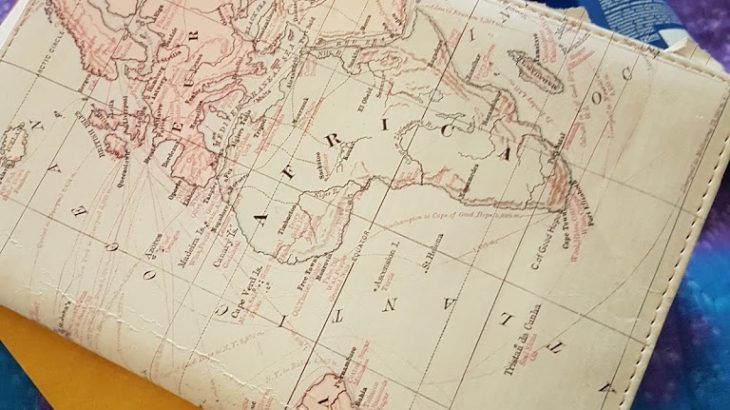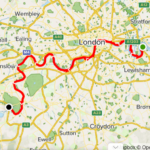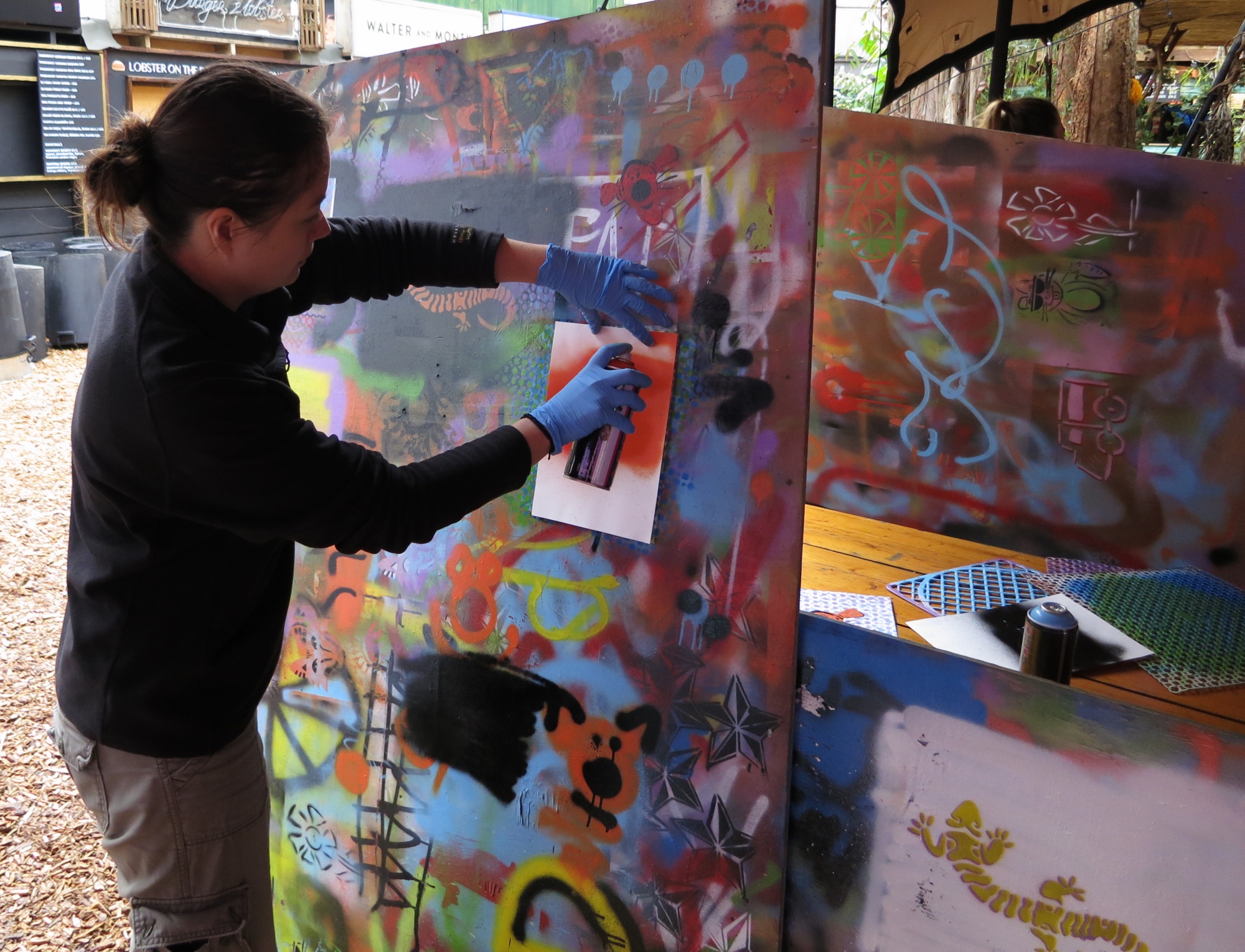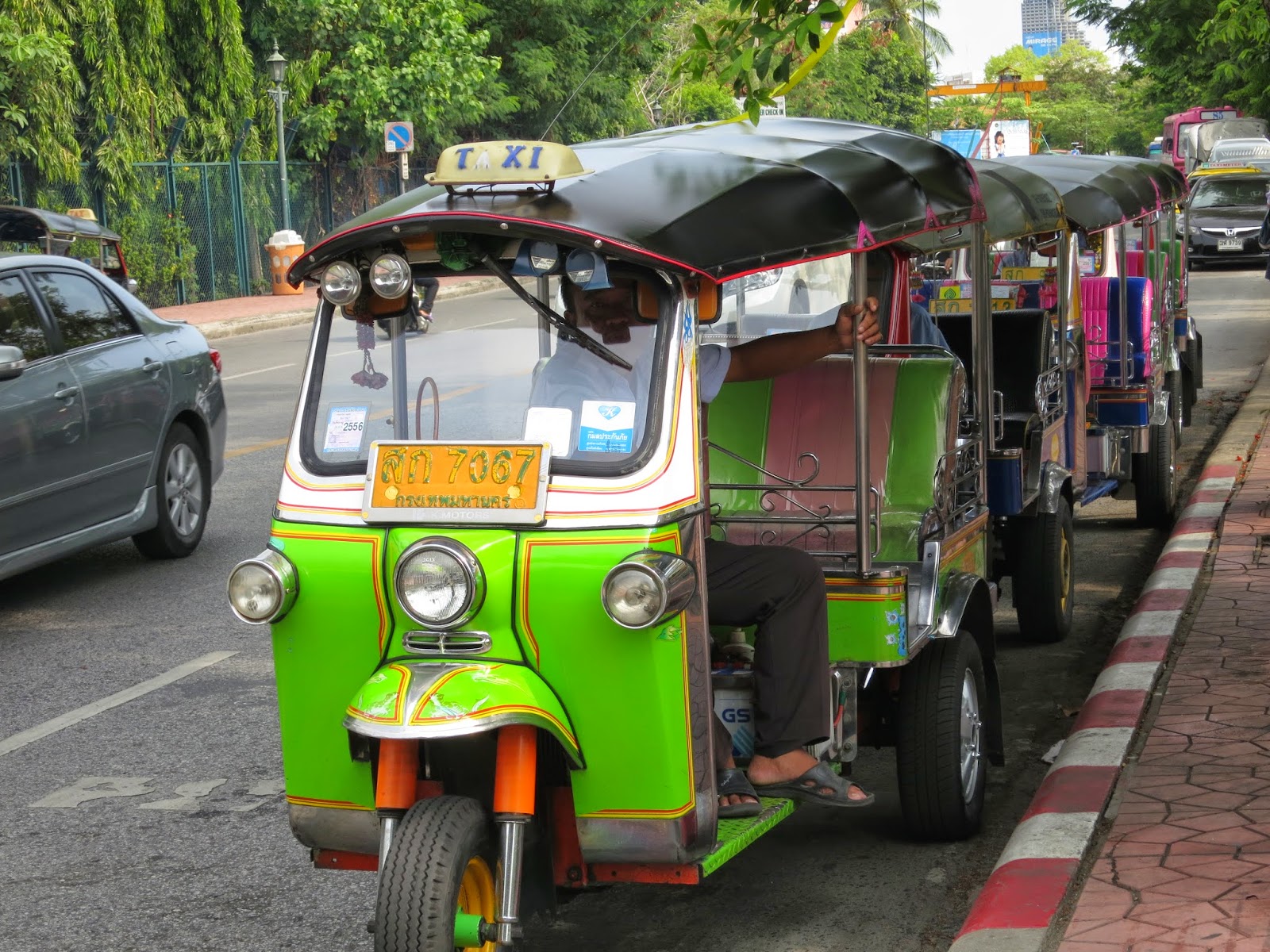I can’t believe it was just over ten years ago that I took my first big trip overseas! Back then I carried a mobile phone, just for emergencies. My only line of communication was the short spurts spent in internet cafes. I wrote a journal and my companion was a dog eared guidebook. I sent postcards and looked up from behind my camera.
That was another world compared to where we are today, with numerous devices that translate, navigate, update, recommend and basically keep you permanently connected to everything and everyone.
I’m still a strong believer that a holiday means a digital detox, but even I struggle to achieve a full detox most of the time, as my tablet (despite being offline) is permanently with me for navigation, reference and the odd email. Then there’s the blogging 😉 doh!
Taking a true digital detox is becoming more common as people start to feel the need to escape.
Vipassana
My experience of a more spiritual digital detox with Vipassana, meant 10 days living in noble silence.
Vipassana, which means to see things as they really are, is one of India’s most ancient techniques of meditation. This meditative technique develops a way of self-transformation through self-observation, focusing on the deep interconnection between mind and body. Basically, mental training. The initiation period involves 10 days of living in noble silence.
Some friends had joked, others were curious, but most, they just thought I was bordering on losing it; when I signed up for my first Vipassana experience, last year. The resounding conclusion overall, was clear, whoever I spoke to. Most would never do it or be able to do it!
Why?
Firstly, technology addiction.
I have to admit to having my own doubts about how I would react to no email, no internet, no phone, no camera, and worst of all no pen or paper. What’s a travel blogger without being able to record their experiences in the moment!
However, maybe it was a spiritual calling, a belief that everything happens for a reason and there is a time and a place, or just pure curiosity. I just had to do this.
So, I consented to all of the above and handed myself over. I simply hoped that whatever experience I was about to have, would end with a good story. After all, what was the worst that could happen, I’m pretty open minded most of the time so couldn’t imagine anything particularly life changing occurring.
What was it like?
It’s not at all easy to put into words. It’s even harder to explain to someone who has not experienced Vipassana for themselves. Plus everyone’s experience is different, just scout the web for the numerous accounts
For me there was a large part of the time that felt a bit like travelling solo, especially during my first big trip. Time to think and reflect, plenty of just my own thoughts for company; but most of all, I experienced a sense of release, freedom, and escape.
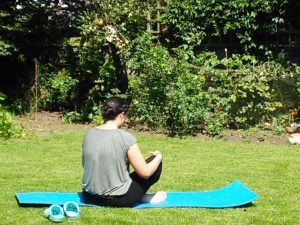 What happens?
What happens?
The rules of Vipassana are simple: on the first day, you say goodbye to life as you know it and everyone you know and love (gulp). Then for 10 days you experience your personal meditative journey.
There are 5 precepts that you agree to abide by during this time:
1. To abstain from killing any being (bugs included!);
2. To abstain from stealing;
3. To abstain from all sexual activity;
4. To abstain from telling lies;
5. To abstain from all intoxicants.
Nothing too difficult when you are living in silence…
On arrival, after registration, it almost felt like the set of a reality show. I meet and make small talk with a bunch of other ‘contestants’. We have a light meal and welcome talk and then congregate outside the meditation hall; careful not to enter and break the first formal instruction.
Over the next few days we meditate. We do an awful lot of meditating.
From 4.30am to 6.30am, 8am to lunchtime at 11am, 1.30pm until a break at 5pm, for tea and fruit and then from 6pm until 7pm when we are then treated to a video. That’s around 9 and a half hours of potential meditation time – per day!
The last session is the discourse for that day and the conclusions or in some cases, the clarification of confusion or disillusions.
Would I recommend it?
If you are considering Vipassana, research and read whatever information you can, and do not take it lightly, as it is after all, a serious spiritual experience to many.
You may or may not go through un-explainable moments or emotions. You will find yourself questioning and accepting.
How you choose to follow the 5 precepts can be very easy, if you simply just apply them.
I certainly found it refreshing to escape, and in some ways the stop on communicating with people and communication generally, was really quite nice. I struggled most with having no reading material, and not being able to write anything down. More so the physical and mental pain from sitting still and just meditating, was sometimes overwhelming.
I didn’t find enlightenment, but I didn’t quit.
I was able to refocus my mind easily by the end of the course, and since then, time permitting I regularly benefit from having attended the course.
How does it compare?
There are other similar experiences to taking a digital detox with Vipassana. For example Ashram, a cult that confiscates your technology and forces you to do hours of yoga a day.
Taking a digital detox holiday has become the new trend.
Give it a try?
Do you feel stable enough to undertake a challenging inner journey and handle whatever you may find there? Do you feel that the potential rewards outweigh the risks? If you want to find out more the official Vipassana site is a good place to start.
Or how about another type of digital detox?
There are many sites dedicated to ‘digital detox’ holidays, retreats and just changing the way you live.
- The average person apparently checks their phone 200 times a day (!).
- One in four people spend more time online than they do asleep.
- We are all guilty of needing a digital detox…
You don’t even have to travel to get some well needed digital detox time. Just take some small steps and cut out internet, phones, email and other electronic devices for just an hour a day, then an evening, then maybe a little longer.
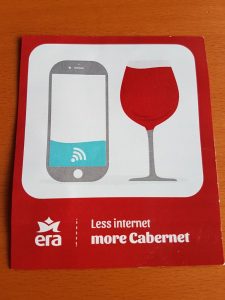
Would I do it again?
After a year of reflection, as the memory of the 4am wake ups fade, I can only confess to not having practised Vipassana all that much after my course ended. It is something I will no doubt go back to, from time to time, but instead I have continued alternative forms of regular meditation.
Almost every week day morning I start my day with meditation and yoga. Which works for me. Vipassana was hard to keep to. As for the course… 10 days of Vipassana isn’t easy to complete, and is even harder to find the time to experience. Rare are the experiences in life that I would recommended unequivocally. I would totally do it again, but maybe not as soon as I would like.
